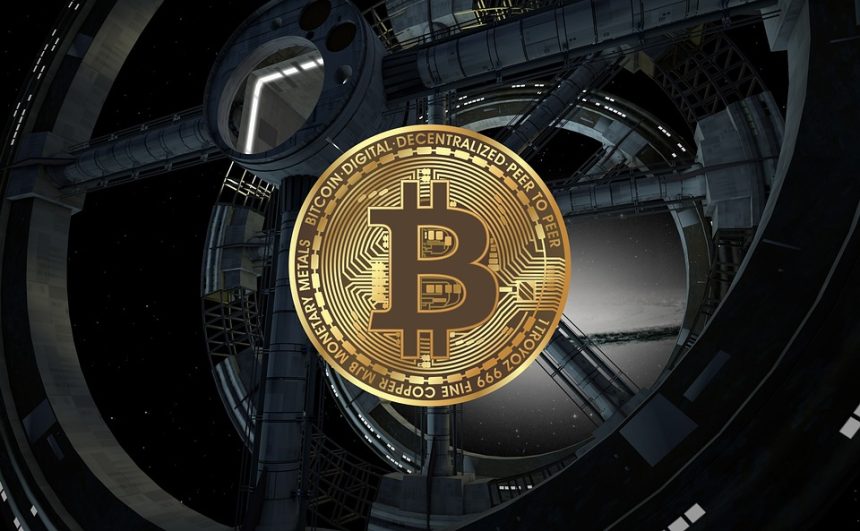In an era where social media dominates our digital interactions, the landscape is undergoing a seismic shift. Traditional social media platforms, long characterized by centralized control, advertising-driven models, and user privacy concerns, are increasingly being challenged by the emergence of decentralized social media systems. These innovative platforms promise to empower users, foster authentic engagement, and reshape the very essence of content creation in the digital age.
The Centralization Conundrum
For more than a decade, platforms like Facebook, Twitter, and Instagram have been the gatekeepers of social interaction online. Centralized models have allowed these companies to monetize user data, control content distribution, and dictate the rules of engagement. Their algorithms prioritize paid content and sensationalism, often stifling genuine user expression and leading to detrimental effects such as echo chambers, misinformation, and user alienation.
Users have expressed growing concerns over privacy violations, censorship, and the monopolistic nature of these platforms. The desire for autonomy over one’s online presence has propelled a burgeoning interest in decentralized alternatives.
What is Decentralized Social Media?
Decentralized social media operates on blockchain technology and peer-to-peer networks, breaking free from the confines of central control. In these systems, users’ data and content are not stored in a single, vulnerable location. Instead, they are distributed across a network of nodes, giving users increased control, ownership, and privacy.
Key Characteristics of Decentralized Social Media
-
User Ownership: Users retain ownership of their content, enabling them to decide how and where it is distributed. This mitigates the risks of data misuse and exploitation.
-
Censorship Resistance: Decentralized networks typically lack a central authority that can implement restrictive policies. Instead, content moderation is often community-driven, allowing for diverse perspectives while fostering respectful discourse.
-
Incentive Structures: Many decentralized platforms employ token-based economies, rewarding users for content creation, curation, and engagement. This shifts the focus from profit-driven practices to community collaboration and motivation.
-
Interoperability: Decentralized platforms often promote a standard that allows different services to communicate and share data seamlessly. Users can migrate their content and followers across platforms without losing their digital identity.
- Privacy and Anonymity: Enhanced privacy controls and anonymous interactions are common features, addressing rising concerns over surveillance and data breaches.
The Rise of Decentralized Platforms
Several applications are leading the way in the decentralized social media space:
-
Mastodon: An open-source microblogging platform that offers federated instances, allowing users to create their own communities while interacting with others.
-
Diaspora: A nonprofit, community-owned platform focused on user privacy, enabling individuals to host their own servers (pods) and connect without data exploitation.
-
Minds: A blockchain-based social network that rewards users with tokens for engagement, promoting organic growth and content creation without the constraints of ads.
- Lens Protocol: Built on Ethereum, it allows users to create decentralized applications (dApps) and social experiences where content ownership remains with the contributors.
Challenges Ahead
While the potential benefits of decentralized social media are significant, challenges remain. The inherent difficulty in establishing user-friendly interfaces and maintaining robust security protocols can hinder widespread adoption. The awareness and understanding of blockchain technology may vary significantly among users, posing an additional barrier to entry.
Furthermore, decentralization does not eliminate the risk of harmful content. Without centralized oversight, platforms may struggle to effectively manage extreme content or misinformation, leading to concerns about user safety and community wellbeing.
The User-Driven Content Revolution
As decentralized social media continues to evolve, it embarks on a path that emphasizes user agency and collaborative content creation. This paradigm shift not only offers an alternative to the shortcomings of traditional platforms but also encourages a renewed focus on community engagement and creativity.
In this new landscape, users can take the reins of their digital presence and actively shape online discourse. Decentralized social media platforms have the potential to democratize content creation, offering a space where diverse voices can flourish without the constraints of advertising agendas and algorithmic biases.
Conclusion
Decentralized social media represents a pivotal moment in the digital age, signaling a shift from centralized, profit-driven models to user-powered environments where creativity and community take precedence. As technology continues to advance, and as users become increasingly aware of their rights and capabilities, the movement toward decentralized content creation will likely gain momentum.
The future of online interaction may very well depend on our ability to redefine how we connect, share, and create in ways that prioritize authenticity, ownership, and mutual respect. If the last decade was defined by social media’s monopolistic tendencies, the next frontier promises to be a celebration of user-driven empowerment and innovation.





